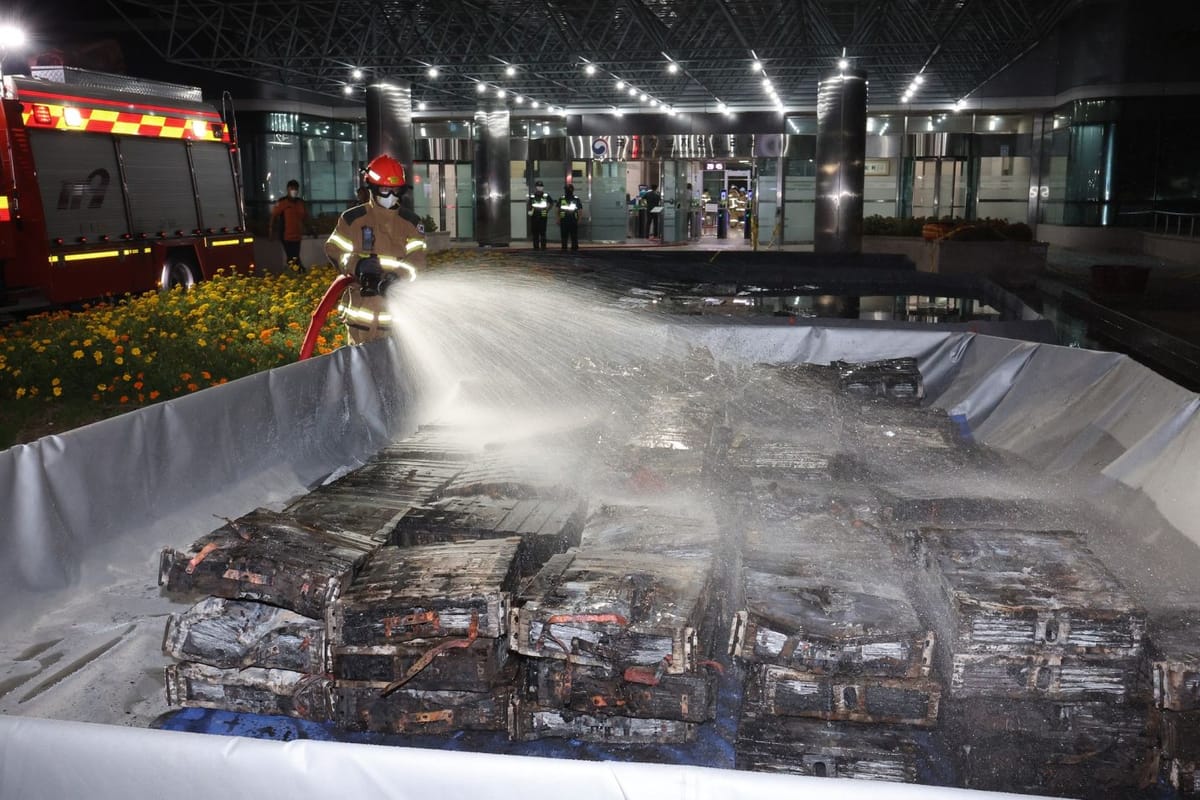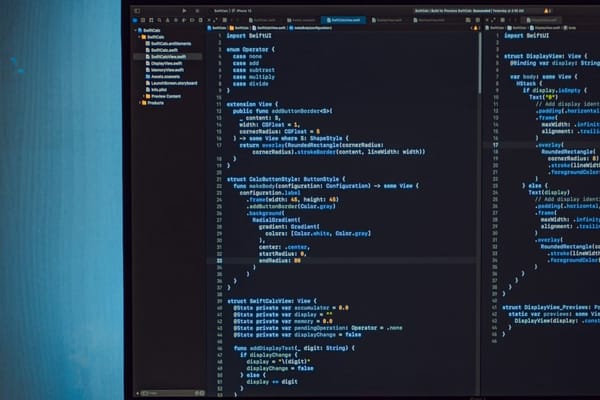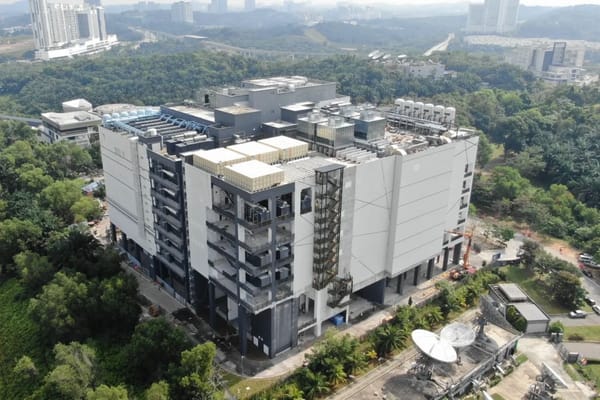What went wrong in South Korea's government data centre fire
Unqualified workers relocated lithium-ion batteries without cutting power or following safety protocols.

The data centre blaze at the South Korean government's facility was caused by professional negligence. Five people have been charged so far.
A data centre fire involving lithium-ion batteries happened on 27 September and took more than 22 hours to fully put out. This week, we got a glimpse of what happened.
Story so far
In case you missed it earlier, the National Information Resources Service (NIRS) - a dedicated data centre built to support government services - caught fire last month. An explosion happened during efforts to migrate the UPS to the basement of the building. Over 200 firefighters and more than 60 fire engines were activated to put it out.
Here are some key facts. The data centre is old, completed in 2007. The affected lithium-ion UPS were 11 years old and installed at the bottom of each rack. The migration was to conform to new rules.
The disaster impacted 647 major government systems, and certain administrative services are still not fully restored. The proximity of the batteries to servers made it hard to fight the fire. Constant re-ignition meant lithium-ion batteries had to be extricated one by one under extreme conditions.
Unqualified workers
According to the investigation team, workers responsible for the relocation were unqualified, with no experience in large-scale battery relocations. They failed to follow safety protocols in multiple ways.
Work was done without cutting power to batteries. They failed to use required insulation materials. And they did not properly discharge the batteries before relocation.
Moreover, the relocation project was done through illegal subcontracting. Two companies won the bid, then subcontracted to a third company. That third company subcontracted it to two other firms. The two main contractors falsified records to show that they hired the subcontracted workers, but had no employees on-site during the battery relocation.
Five charged
Under South Korean law, the subcontracting of such work is prohibited. Separately, allegations have also surfaced of project details being leaked before the public tender was announced.
Five have been charged: one NIRS official, one project manager, and three employees from the various firms.
A full report on the exact cause of the fire will be released by late November. For now, human error and negligence appear to play a key role.




